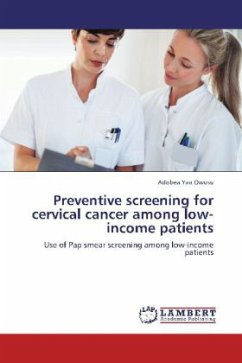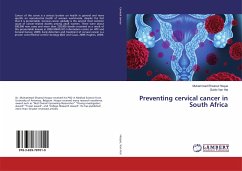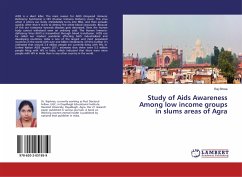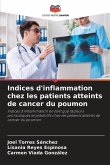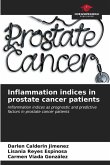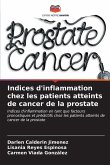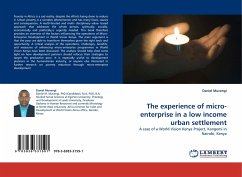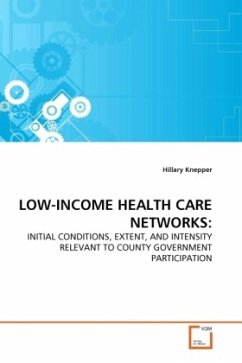This book presents analysis of data collected from patients of a safety-net healthcare system in Fort Worth, Texas. It examined three objectives, including explaining the utilization of Pap smear tests among the low-income women, by ascertaining the determinants of using these services. The existence of a race/ethnicity/immigration status effect was found. Anglos were more likely to have had a Pap smear, followed by African Americans, Hispanic immigrants and finally by, Hispanic Americans. The persistence of the race/ethnicity/immigration status effect may be explained by several factors, including cultural differences between the different groups studied. The race/ethnicity/immigration status effect on Pap smear screening changed with the introduction of age, usual source of care, check-up for current pregnancy, and having multiple competing needs for food, clothing and housing into the models studied. The findings may be attributed to the use of a hospital-based sample who had regular access to subsidized health insurance from a publicly funded safety-net healthcare network system. Publicly funded health programs for underserved populations should be maintained and strengthened.
Bitte wählen Sie Ihr Anliegen aus.
Rechnungen
Retourenschein anfordern
Bestellstatus
Storno

